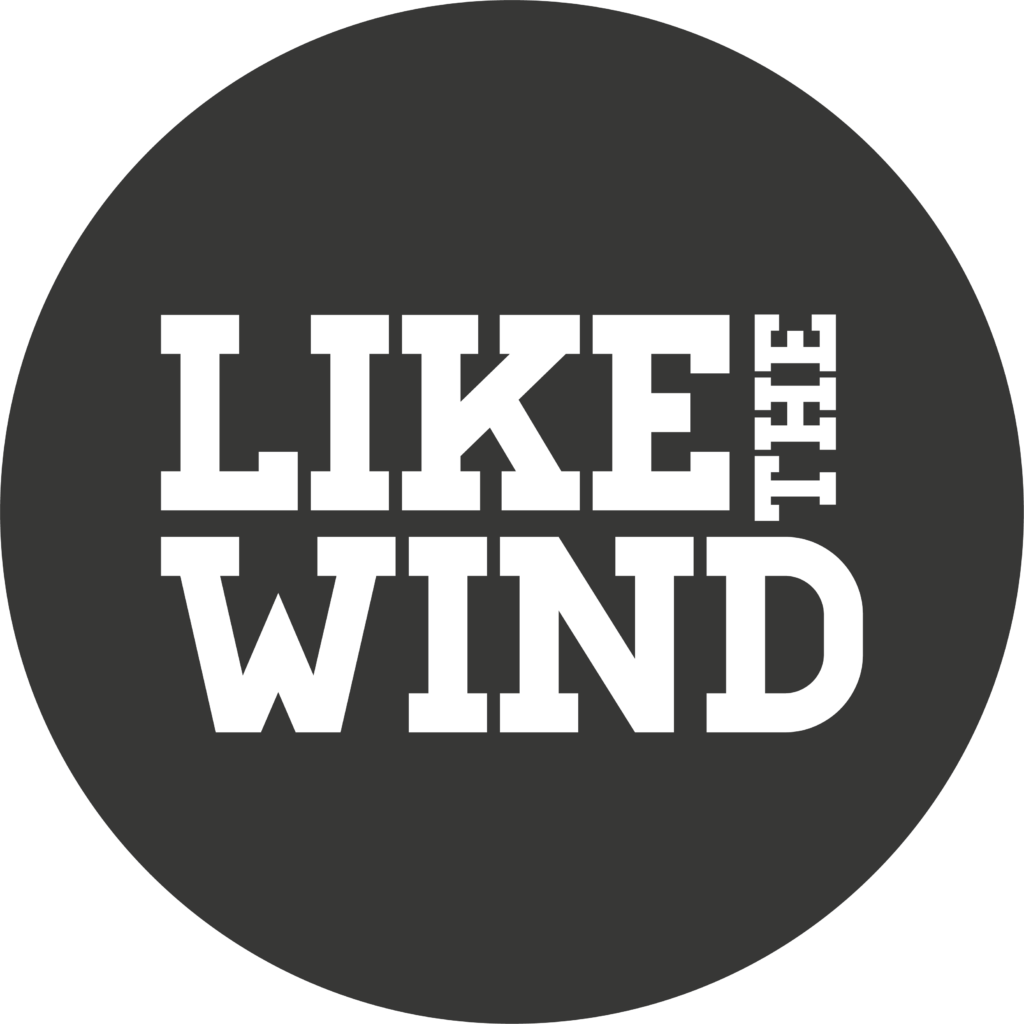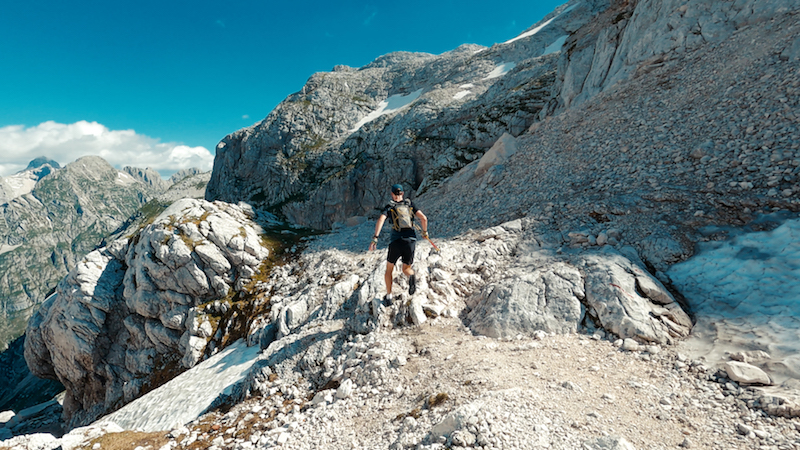At the end of the film Solace, produced by On, ultra runner Karel Sabbe says that it is necessary that as humans we “take the time to reset” and stay connected with nature. That we don’t forget our roots. Karel suggests we can do this simply by taking a small hike in a park on a Sunday: “Just listening to the birds and realising, ‘OK, yeah, there’s more to life than your job and traffic jams and things like that.’”
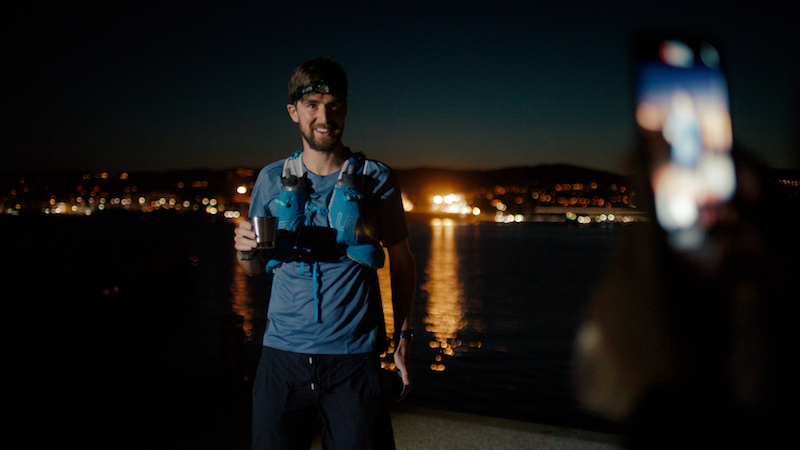
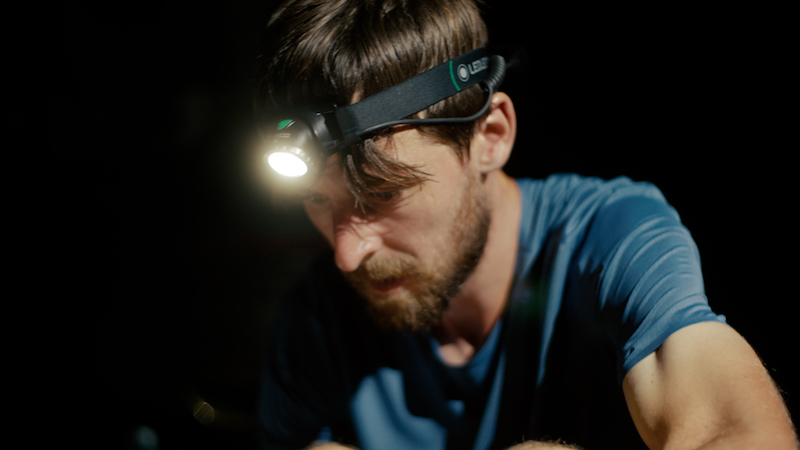
Karel believes we all need to escape from the daily grind from time to time. Although perhaps we don’t all need to go the extremes that he does.
So how does Karel Sabbe, a hard-working dentist, break out of the daily grind? Solace tells the story of Karel’s version of escapism, which takes the form of extreme adventures. He has set himself many ultra distance challenges in the past, and in Solace, we follow Karel as he sets out to run the Via Alpina – a 2,650km trail through the Alps from Muggia in Italy to Monaco – aiming to set a new record by covering the distance in 30 days. His demanding day job makes his commitment to such ultra challenges even more impressive.
Karel grew up in Belgium and led a fairly typical life. He played some sport. Did a bit of hiking. But there was nothing really extreme about his day-to-day existence.
However, that changed after university. Feeling the need to spread his wings, Karel headed for New Zealand – and out of contact – while he hiked the trails.
Karel’s experience in New Zealand taught him that escaping into nature was essential for his mental health… but also that running allowed him to explore his physical limits. It was these two motivations that led to Karel’s attempt to set a fastest known time (FKT) on the Via Alpina. As Karel says in Solace:
“It is necessary to challenge yourself to do something extreme, to measure yourself at least once in your life.”
For Karel, the attraction of trying to set an FKT is partly that it is not a race. As Karel explains during the movie: “It’s me against myself.” Karel sees these sorts of extreme adventures as opportunities to learn and to grow stronger. It is in that vein that Karel has taken on many running challenges during his life. Setting the FKT for traversing the Pacific Crest Trail in the US. Setting the Appalachian Trail speed record. Being the last man standing at the 2020 Big’s Backyard Ultra when he ran 75 loops of 6.7 km each – one per hour – resulting in a total distance of 502.5 km.
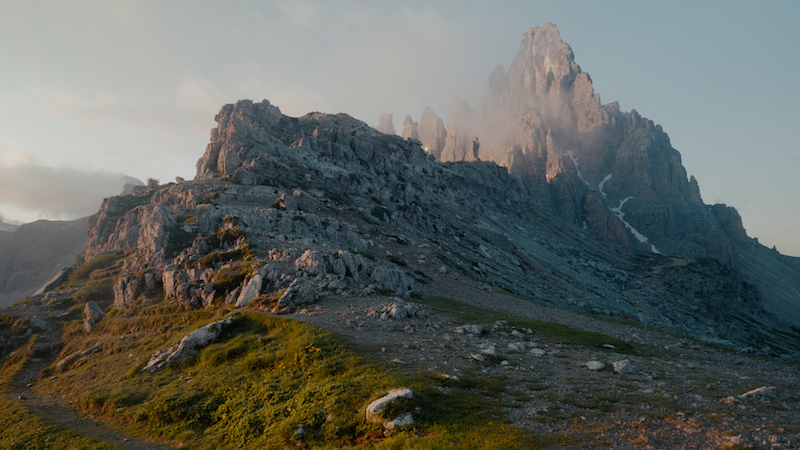
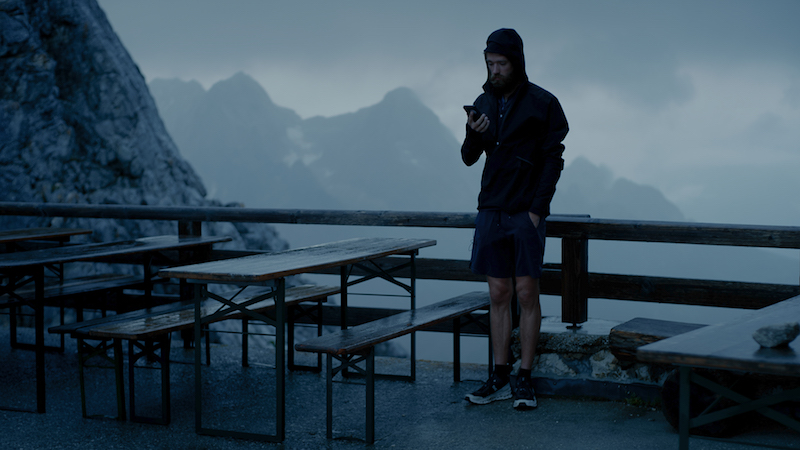
The Via Alpina FKT attempt involved running at least 88km per day for 30 consecutive days, climbing 150,000m – the equivalent height of Everest – 17 times.
It is clear from watching Solace that although Karel is driven by the need to push his physical and mental limits while in nature, this does not mean that he needs to be alone. During this particular adventure, he is accompanied by a team of friends who act as pacers and supporters, as well as his wife and young child. And the people around him act as a brake when it comes to taking big risks to complete the FKT. When the challenge takes a dangerous turn, Karel knows that putting his family and friends first is the right thing to do.
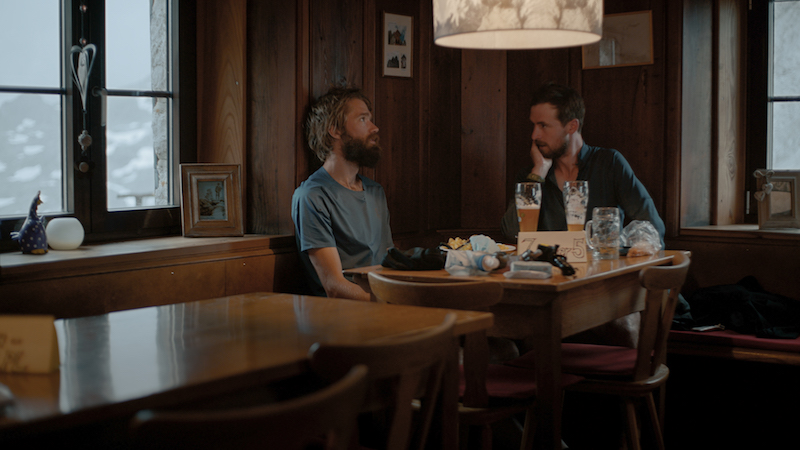
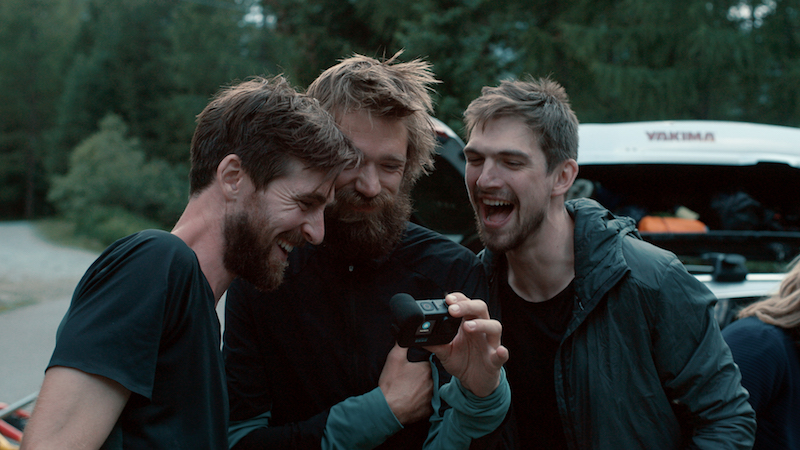
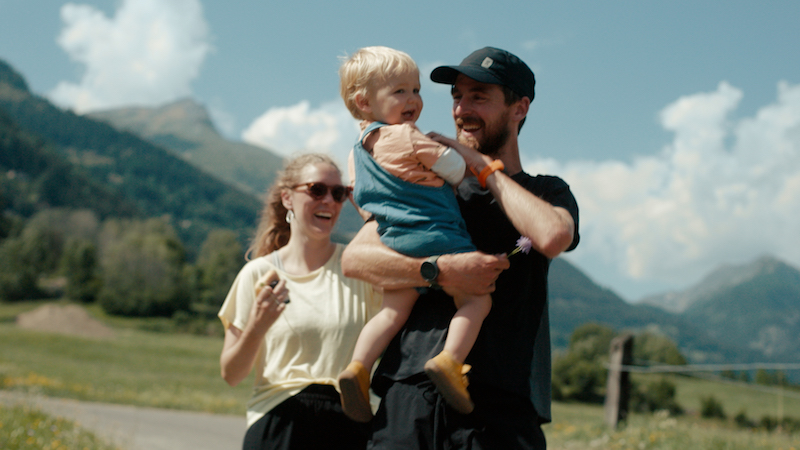
In the end Solace is about much more than an FKT. It is a fascinating and enthralling exploration of what makes one man push himself to his absolute limits. Karel’s reasons for taking on such tough challenges are actually really relatable for so many of us: the desire to be in nature, curiosity about how far we can push ourselves and the worry that life might pass us by. Perhaps Karel goes further than most in order to answer those questions. But they are in the mind of everyone who runs.
‘Take It to the Limit’ by Like the Wind, in partnership with On
Follow Karel’s adventure: solacedocumentary.com
